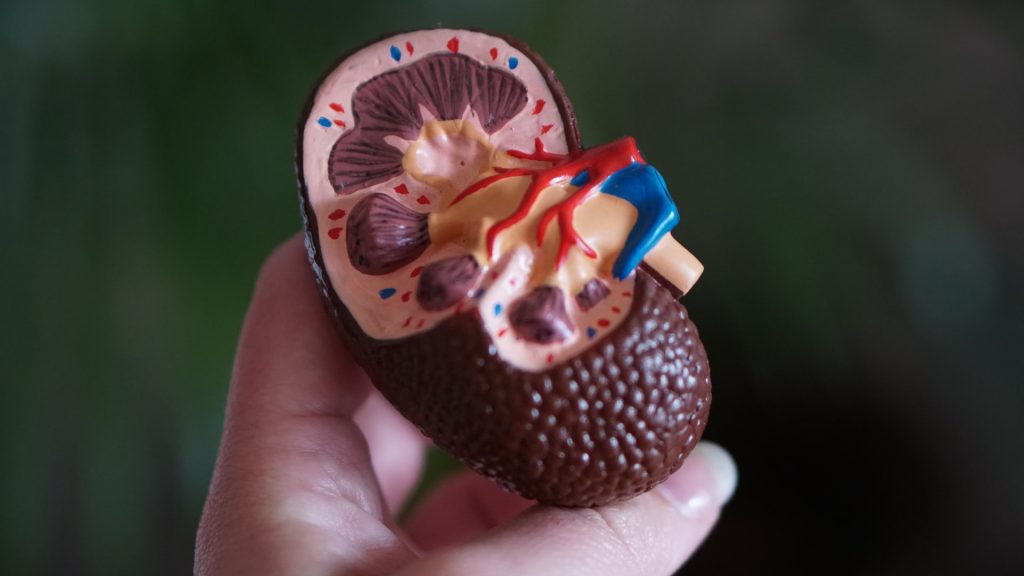
Women have a better ability to recover from kidney injury than men, but the reasons are not well understood. A study in Cell Reports may provide answers, as researchers found that females have an advantage at the molecular level that protects them from a newly discovered form of cell death that occurs in injured kidneys. This protection could be exploited as a potential therapeutic.
“Kidney disease afflicts more than 850 million people worldwide every year, so it’s important to understand why female kidneys are more protected from these acute and chronic injuries,” said Tomokazu Souma, MD, PhD, assistant professor at Duke University School of Medicine. “Our study is a step toward identifying the causes and suggests that this female resilience could be therapeutically harnessed to improve kidney repair in both sexes.”
Souma and colleagues conducted studies in mice focusing on a form of cell death called ferroptosis, which was only recently discovered. This form of cell death is dependent on iron and oxidative stress. It has been identified as a key player in kidney diseases.
Using genetic and single-cell RNA transcriptomic analysis in mice, the researchers found that being female confers striking protection against ferroptosis through a particular pathway called nuclear factor erythroid 2-related factor 2, or NRF2.
In females, NRF2 is highly active, keeping cell death in check. In males, however, the sex hormone testosterone reduces the activity of NRF2, thus promoting ferroptosis and undermining cell resiliency in kidney injury.
Further experiments showed that chemically activating NRF2 protected male kidney cells from ferroptosis, demonstrating that NRF2 could be a potential therapeutic target to prevent failed renal repair after acute kidney injury.
“By identifying the mechanism in which the female hormonal environment protects and the male hormonal environment aggravates acute and chronic kidney injuries, we believe there is strong potential to boost the resilience of kidneys,” Souma said.
Source: Duke University Medical Center

